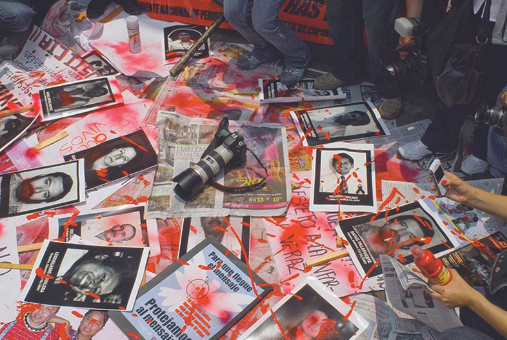
A report by Reporters Without Borders found “serious problems that require urgent changes” in the mechanisms for protecting journalists in these four countries, which account for 90% of the murders of journalists perpetrated in Latin America in the last ten years.

Stories about gangs and criminal organizations, border areas with the ambiguity of their limits and jurisdictions, marginal urban towns or a simple central plaza of a city taken over by drug cartels are some of the Latin American topics and scenarios where journalists of the region can find their best reports or a life or death situation.

The pandemic has transformed the routines and professional practices of women journalists in Colombia and Venezuela, imposing more daily working hours and intensifying the use of information and communication technologies, but without a corresponding salary increase, according to research.
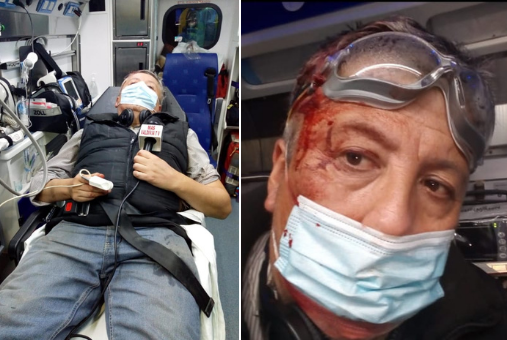
LatAm Journalism Review spoke with five journalists from the region who suffered some type of physical violence in their coverage of recent protests in Chile, Bolivia, Peru, Brazil, and Colombia and shows the vulnerability of press professionals from protesters of different political strata and also from security forces.

The spike of public protests that sometimes turned violent has not been met with enough preparation by Latin American journalists who find themselves in the midst of confrontations, experts say.
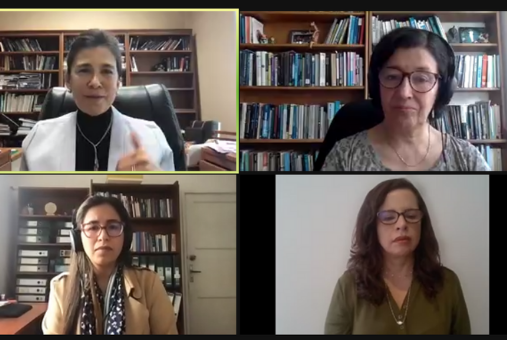
Journalists who become targets in polarized societies must support each other, persevere in doing investigative journalism, and always check the information in their stories, concluded participants in the panel “Polarization: Challenges for Journalists who Become Targets in Polarized Societies,” which was part of the event “Journalism in Times of Polarization and Disinformation in Latin America.”

Colombia’s FLIP denounced that the organization in charge of protecting journalist Claudia Julieta Duque collected sensitive data from the reporter through detailed monitoring from the GPS installed in her vehicle given as part of a protection scheme.
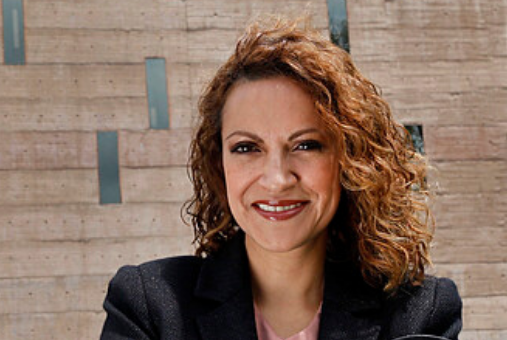
The Inter-American Court of Human Rights found that Colombia is responsible for the violation of several human rights of journalist Jineth Bedoya Lima as a result of the crime of which she was a victim in 2000.

When the return of Cambio magazine –previously a reference for investigative journalism in Colombia– was announced, it generated debate around press freedom and the situation of the media in the country.

The Colombian Foundation for Press Freedom decided that the problem of the country's news deserts should be addressed more directly. And to try to solve it, it created a media outlet and mobile journalism lab so that people from different municipalities can create and disseminate local information.
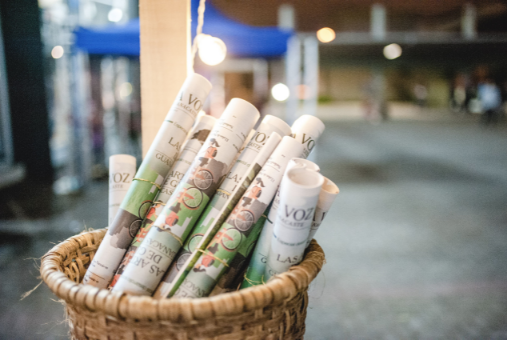
Smaller print newspapers across Latin America have had to adapt to changes brought on by the COVID-19 pandemic, which accelerated transitions to digital and forced the publications to find new revenue streams.
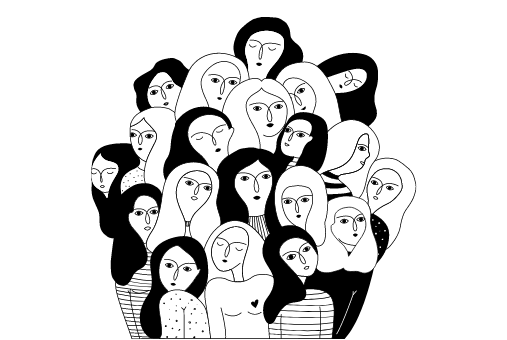
Laboratorio de Historias Poderosas, or the Powerful Stories Laboratory, was born in early 2021 as a means of expanding traditional media narratives to include women and LGBTQ+ people in coverage.